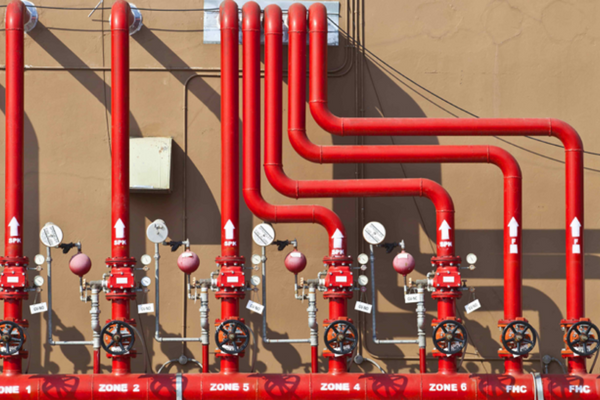
Water treatment plants are crucial for ensuring the purification and proper treatment of water for various applications. Here's an overview of different types of water treatment plants:
Reverse Osmosis (RO) Plant:Â RO plants use a semi-permeable membrane to remove impurities and contaminants from water through the process of reverse osmosis.
The RO system applies pressure to force water through the membrane, separating dissolved solids, ions, and other impurities.
RO plants are commonly used for desalination of seawater, purification of brackish water, and removal of various contaminants from drinking water or industrial process water.
Effluent Treatment Plant (ETP):Â ETPs treat wastewater or industrial effluents to remove pollutants and contaminants before their safe discharge or reuse.
The treatment process typically involves physical, chemical, and biological treatment methods such as screening, sedimentation, coagulation, flocculation, biological oxidation, and disinfection.
ETPs help in reducing the environmental impact of industrial activities and ensuring compliance with regulatory standards for wastewater discharge.
Sewage Treatment Plant (STP):Â STPs treat domestic or municipal sewage to remove organic matter, pathogens, and pollutants from the wastewater.
Treatment processes in STPs may include primary treatment (physical separation of solids), secondary treatment (biological degradation of organic matter), and tertiary treatment (advanced filtration or disinfection for further purification).
STPs play a critical role in protecting public health and the environment by treating and safely disposing of sewage or producing reclaimed water for non-potable uses.
Demineralization Reverse Osmosis (DMRO) Plant:Â DMRO plants combine the processes of demineralization and reverse osmosis to produce high-purity water by removing dissolved salts, minerals, and other impurities.
The demineralization process typically involves ion exchange or other methods to remove ions, followed by reverse osmosis for further purification.
DMRO plants are used in various industries that require ultrapure water, such as power plants, pharmaceutical manufacturing, semiconductor production, and laboratory applications.
Water Softener Plant:Â Water softeners are used to remove hardness-causing minerals, primarily calcium and magnesium, from water.
The water softening process involves ion exchange, where the hardness ions are exchanged with sodium or potassium ions in a resin bed.
Water softener plants are commonly employed in residential, commercial, and industrial settings to prevent scale buildup in pipes, appliances, and industrial equipment, improving the efficiency and lifespan of the system.
